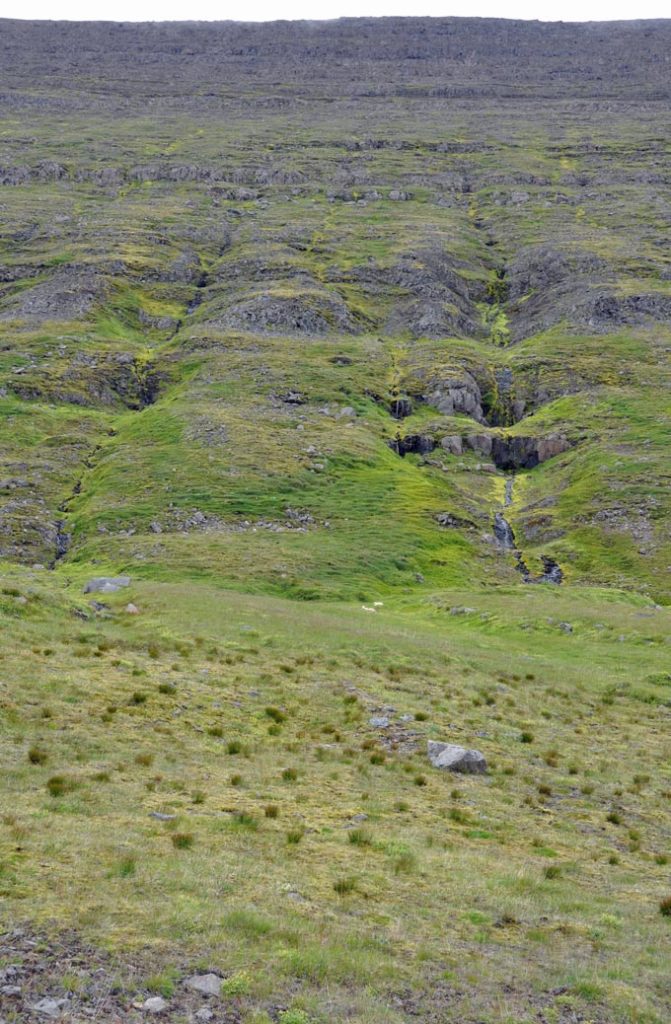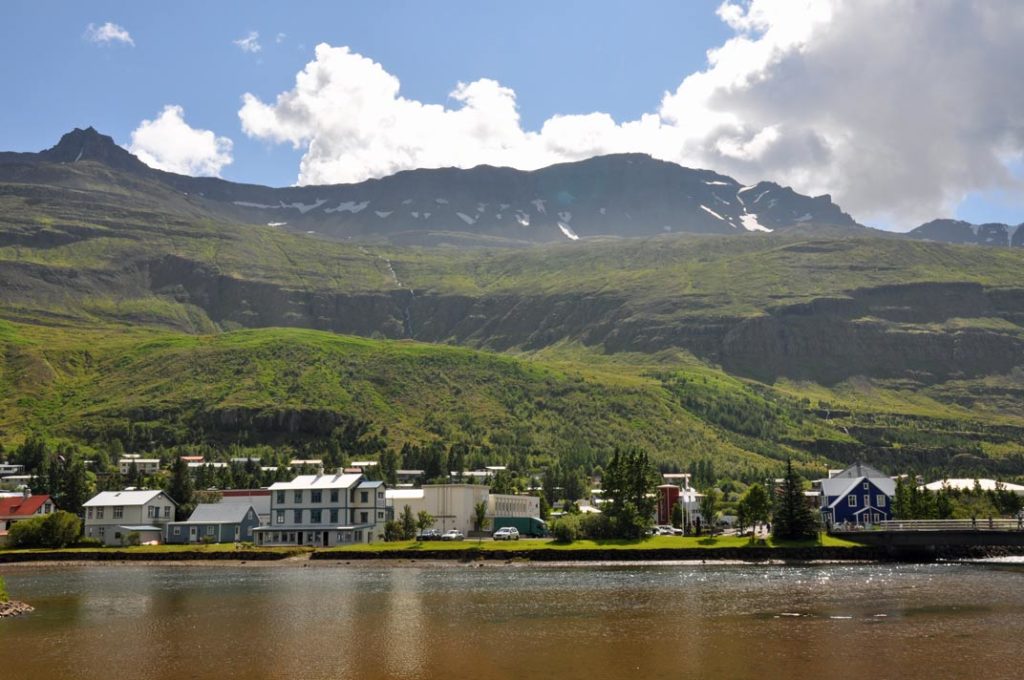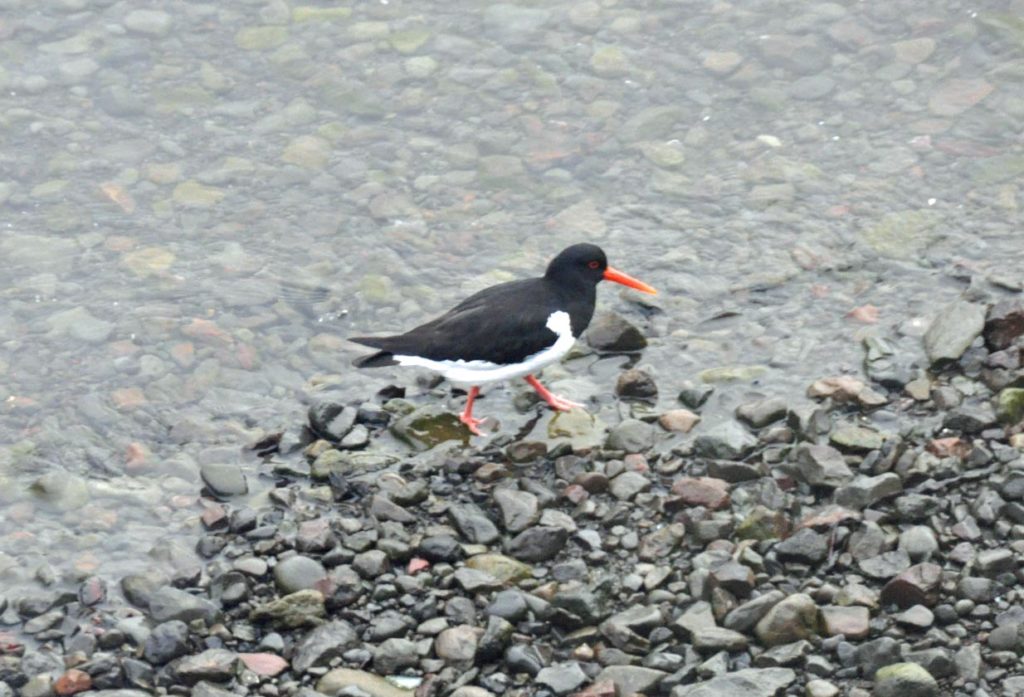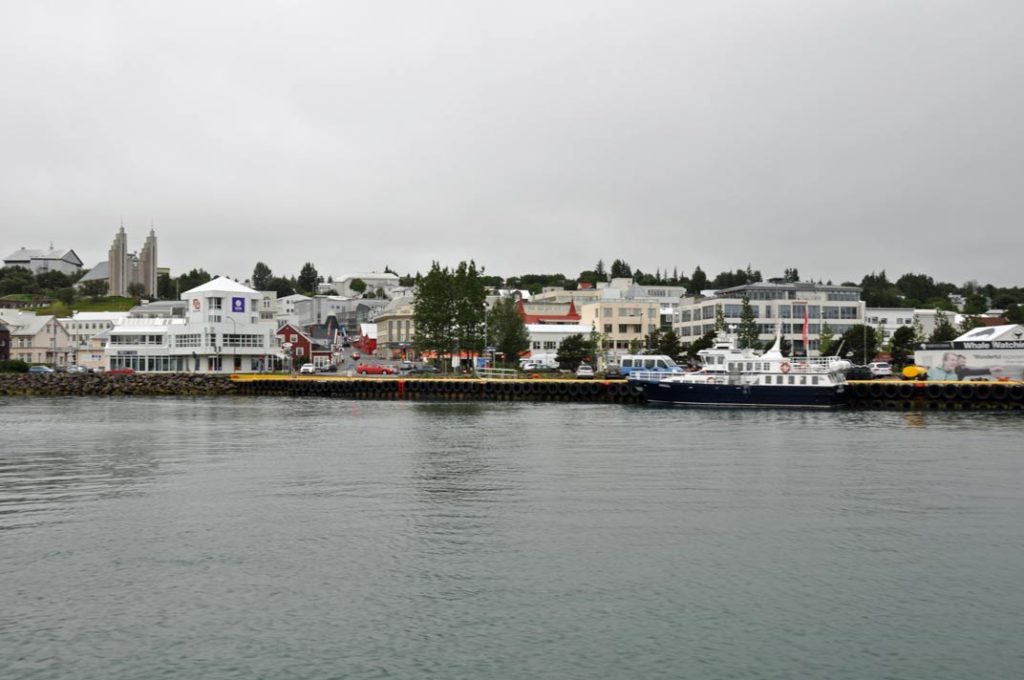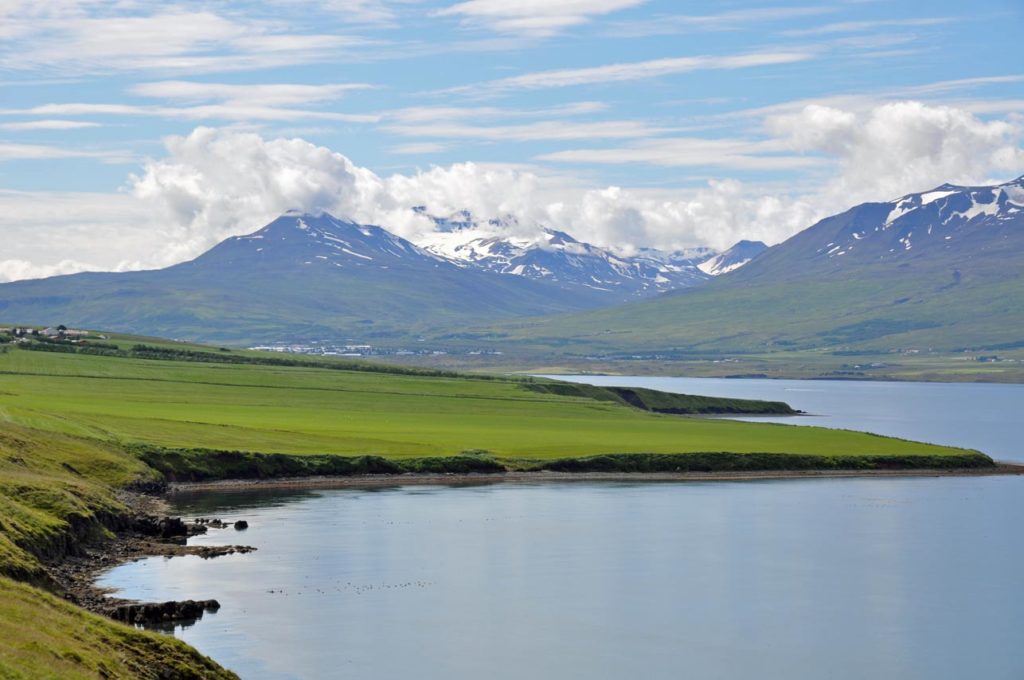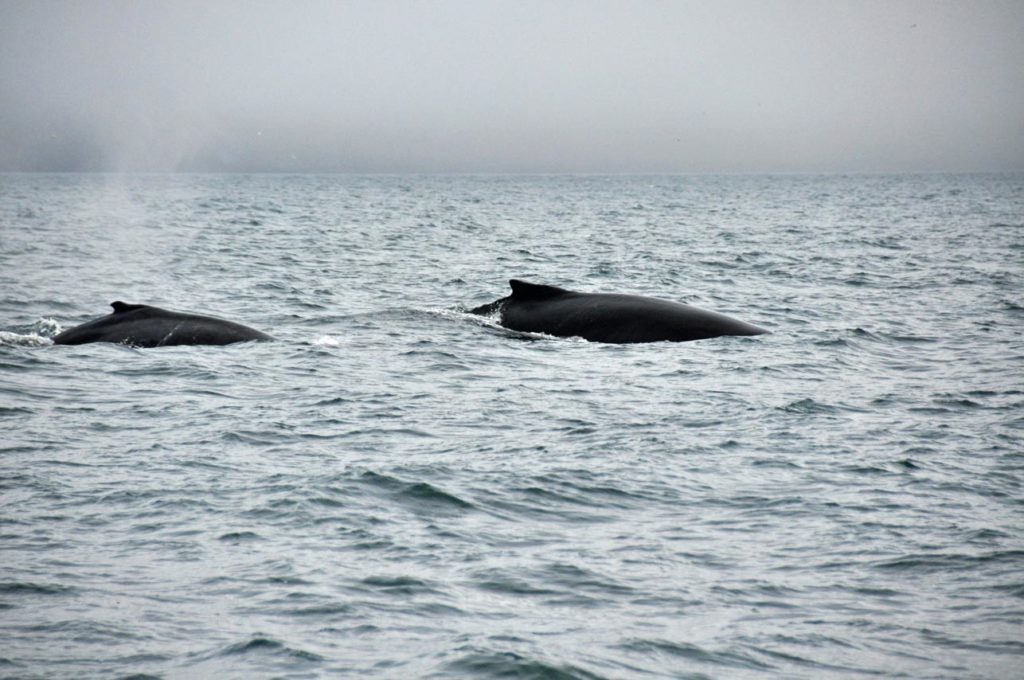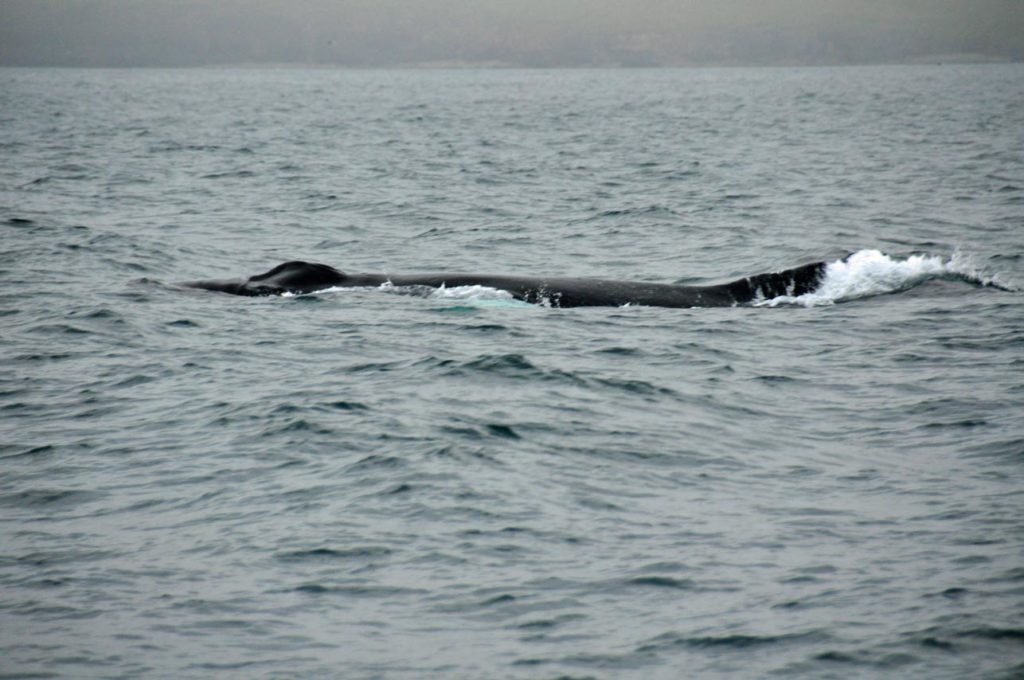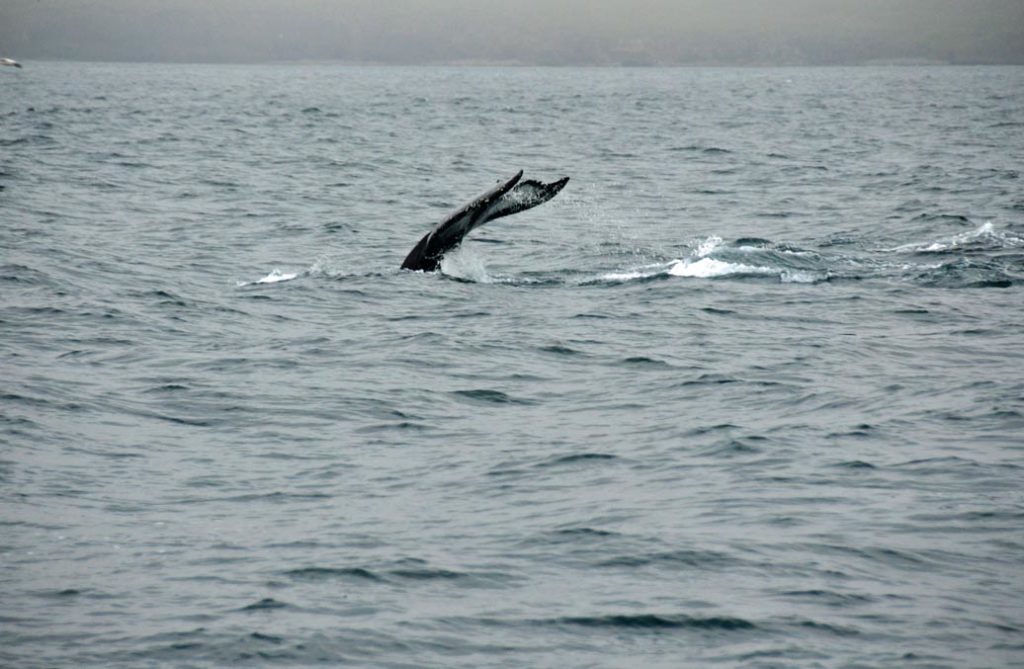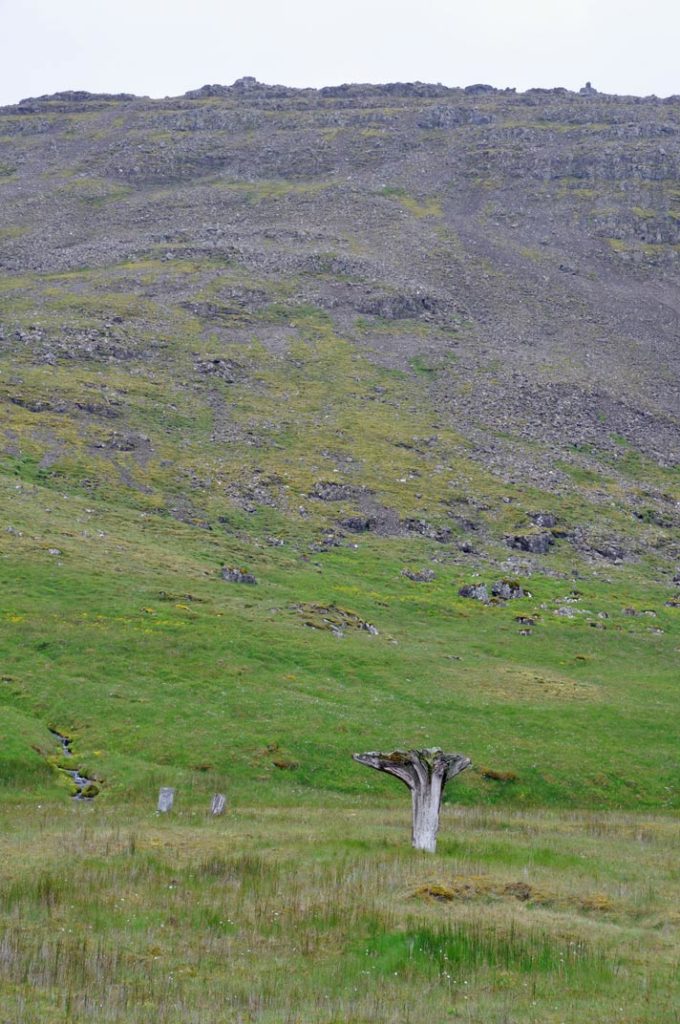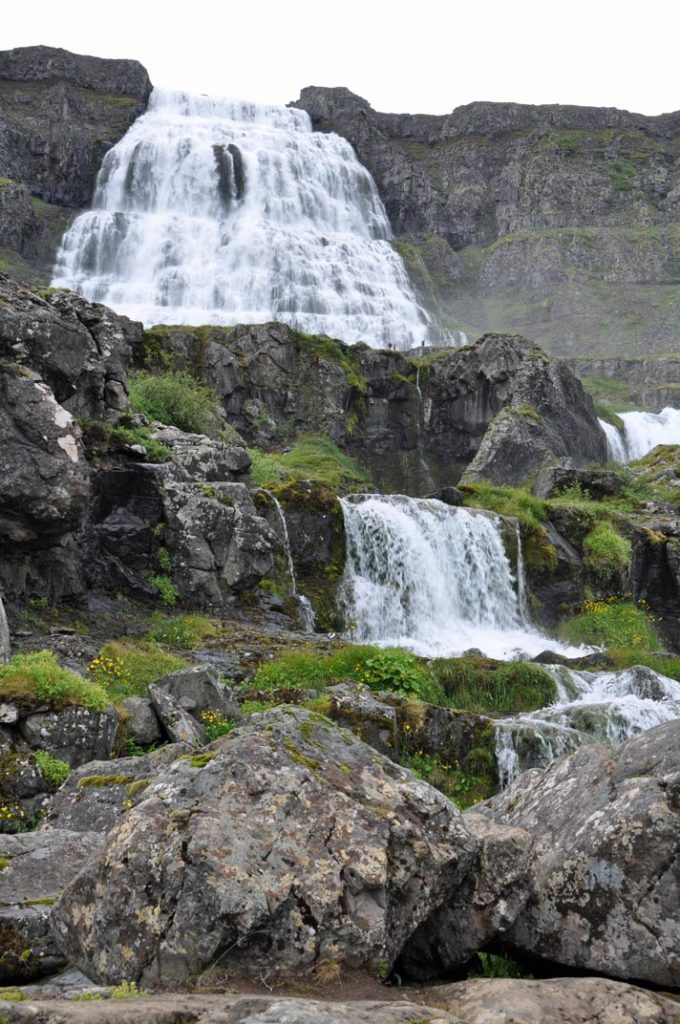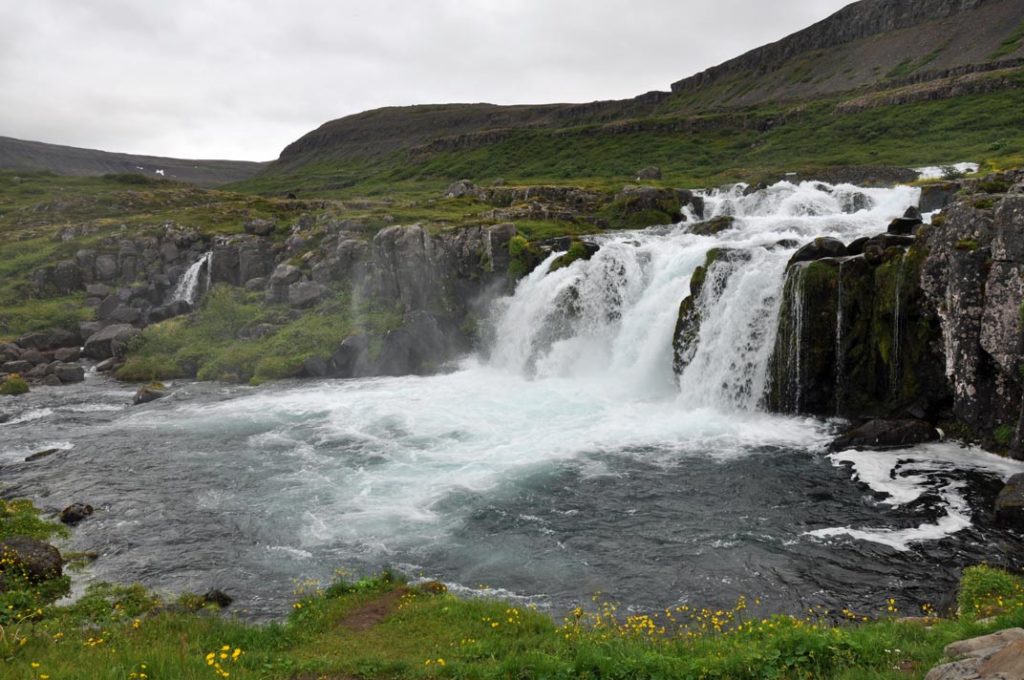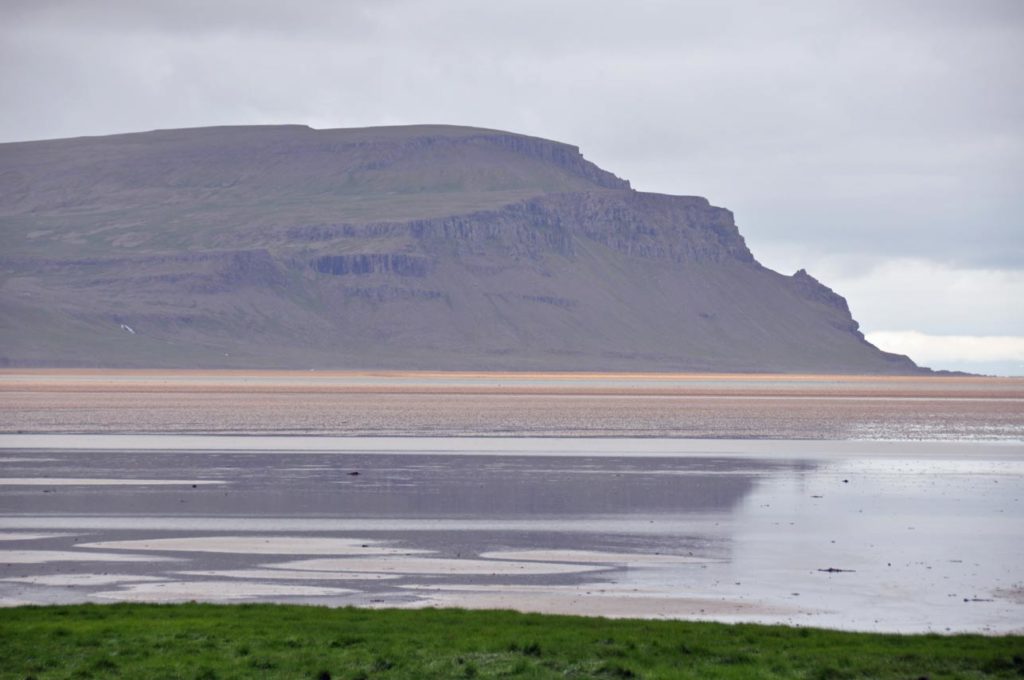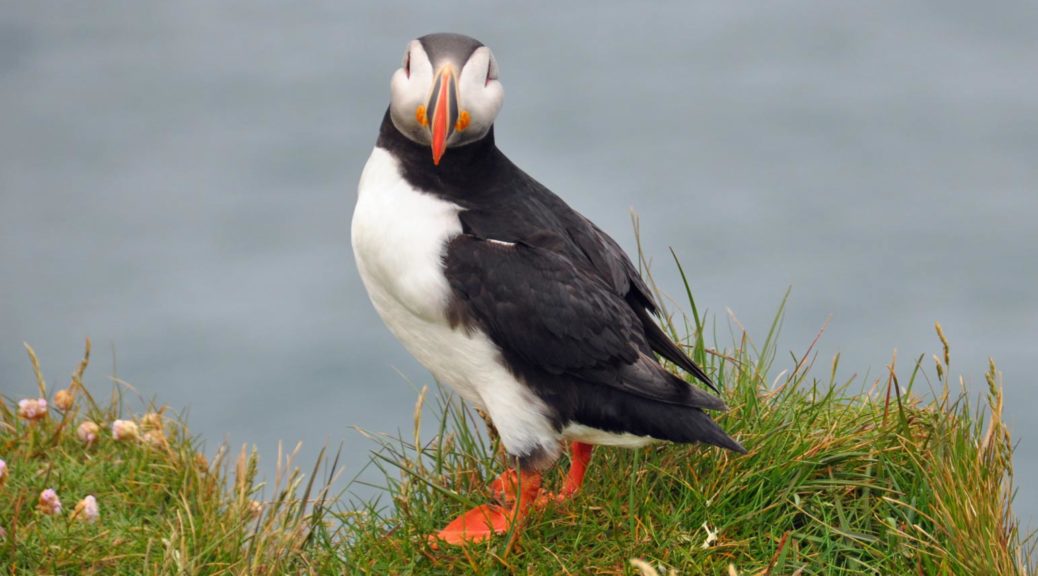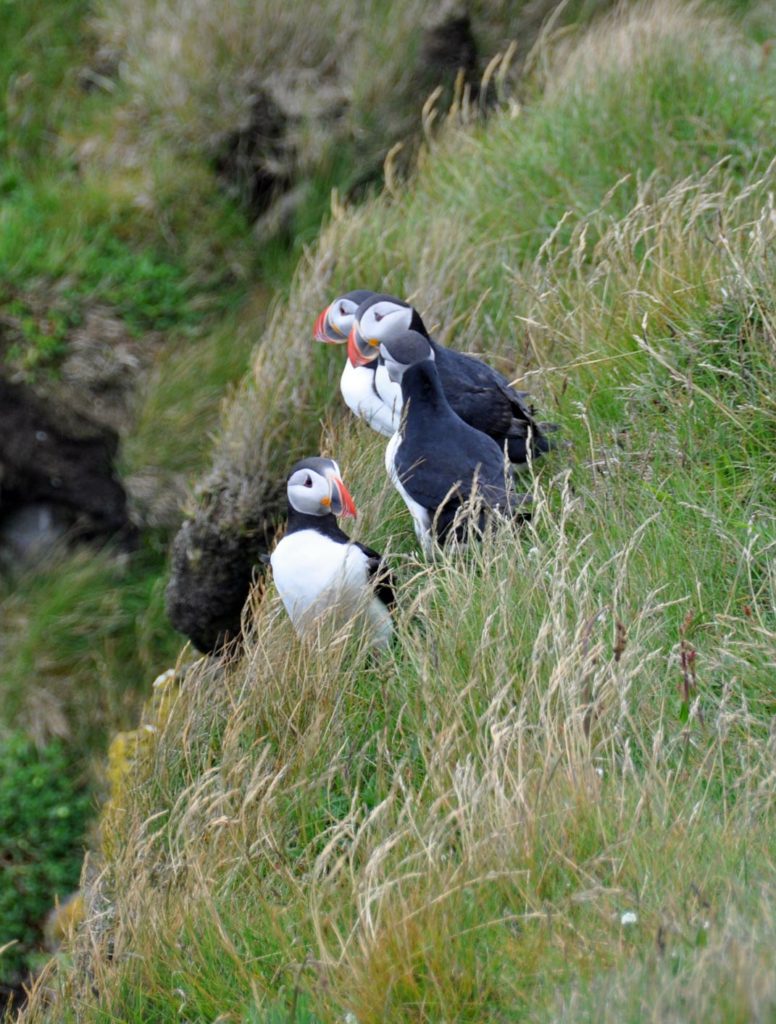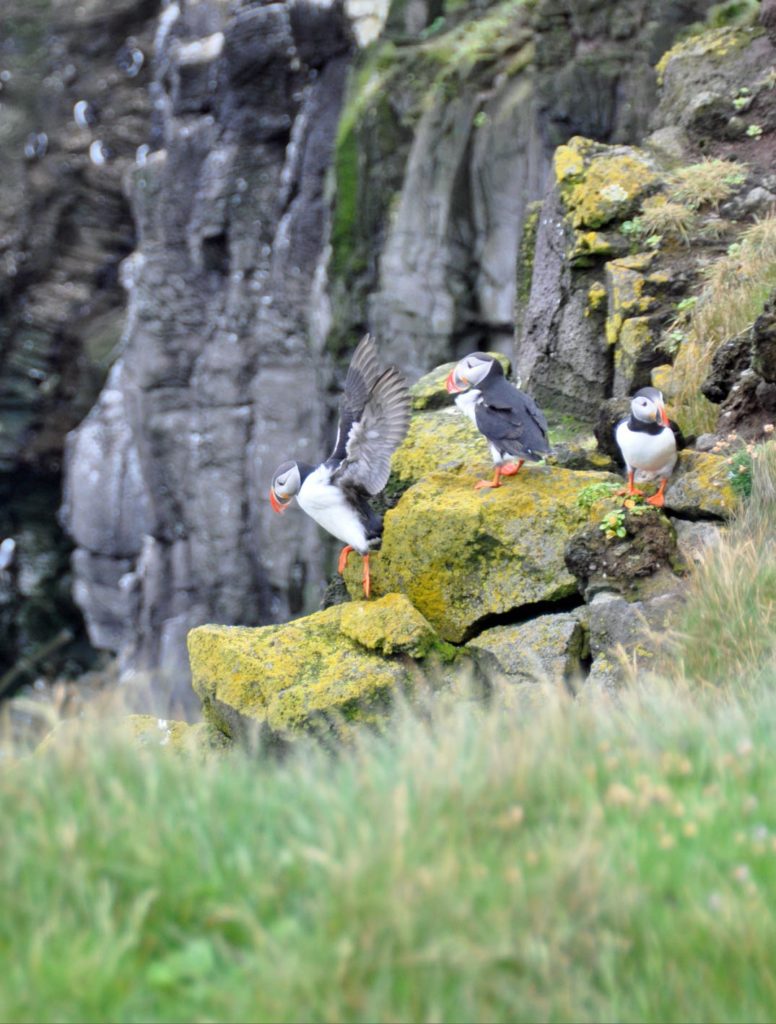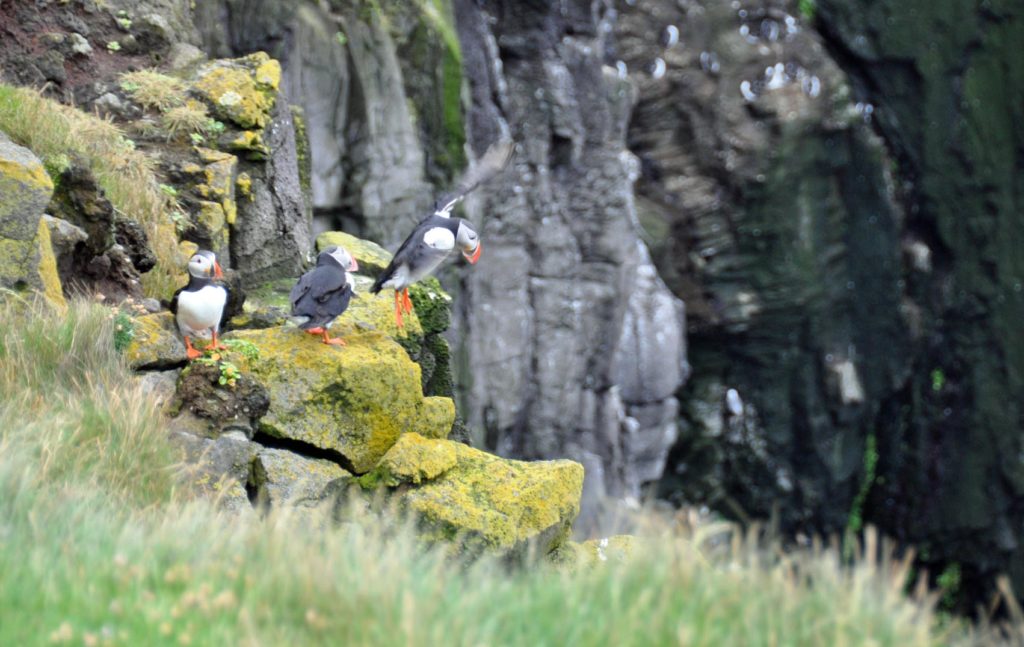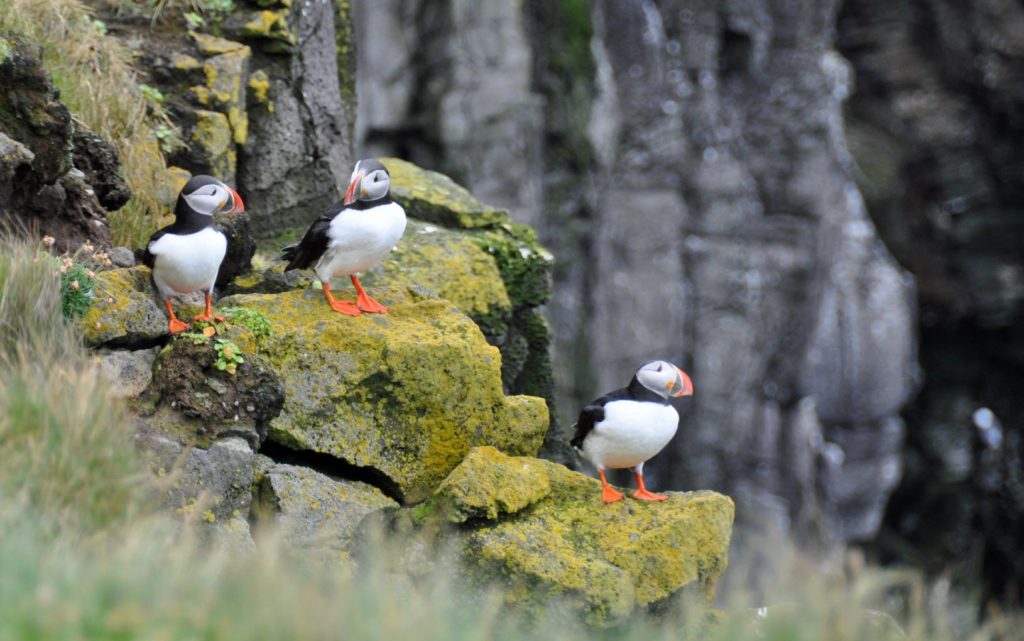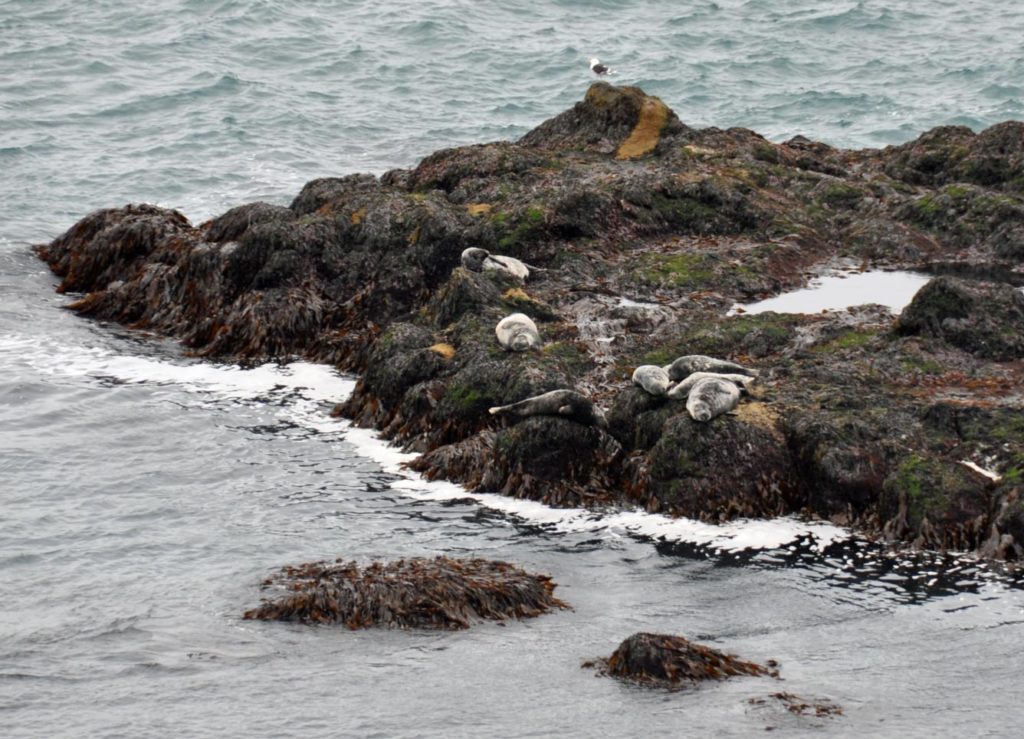I live in a mongrel nation. The more a person born in the UK claims “pure” blood, the more certain their heritage seems to be a total mish-mash of this and that. We are a country that has seen wave after wave of immigration, each and everyone of them adding something to what it means to be British.
Yet as brexit shows, we are a country that doesn’t much like immigrants.
I live in a country that dislikes, despises and begrudges immigrants their place in this country, whilst living in a part of that country with a high proportion of immigrants that seems to cope just fine. In fact the greatest irony of all seems to be that areas with high immigration value their immigrants best where as areas of low immigration are fearful of all and any changes that newcomers might bring.
Perhaps it isn’t surprising: I was brought up in a village with barely three surnames to rub together. Everyone was related in a byzantine set of connections, cousins to the right and left of me, with long memories for grudges. At his funeral, my father who had lived in the village since the age of five was still described decades later as that Scots boy who came down and married our girl.
But there is something more at play than simple parochial fear of the stranger. Facts show that immigration is economically good for the country accepting immigrants, good for the host society in many and varied ways, so why don’t we believe those facts?
The act of moving from a poor country to a rich one makes workers dramatically more productive. A world with more migration would be substantially richer. The snag is that the biggest benefits of moving accrue to the migrants themselves, while the power to admit them rests with voters in rich countries. Democratic accountability is vested largely in national governments. Yet most Western countries, struggling with ageing populations and shrinking workforces, need more migrants. So they have to find ways to make migration policy work for everyone.
The first step is to recognise the causes of the dislike of newcomers.
Several stand out: the belief that governments have lost control of their borders; the fear that migrants drain already-strained welfare systems; the perception that migrants are undercutting local workers; and the fear of being swamped by alien cultures.
Assuaging these concerns and fears requires both toughness and imagination. Start by regaining control. Overhaul the outdated international systems for aiding refugees; at the same time, open routes for well-regulated economic migration to the West. This will require countries to secure borders and enforce laws: by preventing the hiring of illegal immigrants and deporting those denied asylum, for example.
Where they do not exist, the introduction of ID cards can help. Maybe it’s time of the UK to bite the bullet on this topic.
Second, encourage all migrants, including refugees, to work, while limiting the welfare benefits that they can receive. In America, where the safety net is skimpy, labour rules are flexible and entry-level jobs plentiful, even migrants who dropped out of high school are net contributors to the public finances. Sweden, by contrast has a policy that seems designed to stir resentment, showering refugees with benefits while making it hard for them to work. Turkey does a better job at integrating refugees, even if it does not recognise them as such.
A sensible approach would be to allow migrants to get public education and health care immediately, but limit their access to welfare benefits for several years. This may seem discriminatory, but migrants will still be better off than if they had stayed at home. An extreme illustration can be seen in the oil-rich Gulf, where migrants are ruthlessly excluded from the opulent welfare that citizens enjoy. The Gulf is not a model. Migrant workers receive too little protection against coercion and abuse. But because they so obviously pay their way, the native-born are happy to admit them in vast numbers. Elements of that logic are worth considering in the West.
Third, ensure that the gains from migration are more explicitly shared between migrants and the native-born in the host country. One way is to tie public spending, particularly on visible services such as schools or hospitals, more directly to the number of migrants in a region. Another, more radical idea might be to tax migrants themselves, either by charging for entry or, more plausibly, by applying a surtax on their income for a period after arrival. The proceeds could be spent on public infrastructure, or simply divided among citizens.
The more immigrants, the bigger the dividend.







